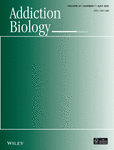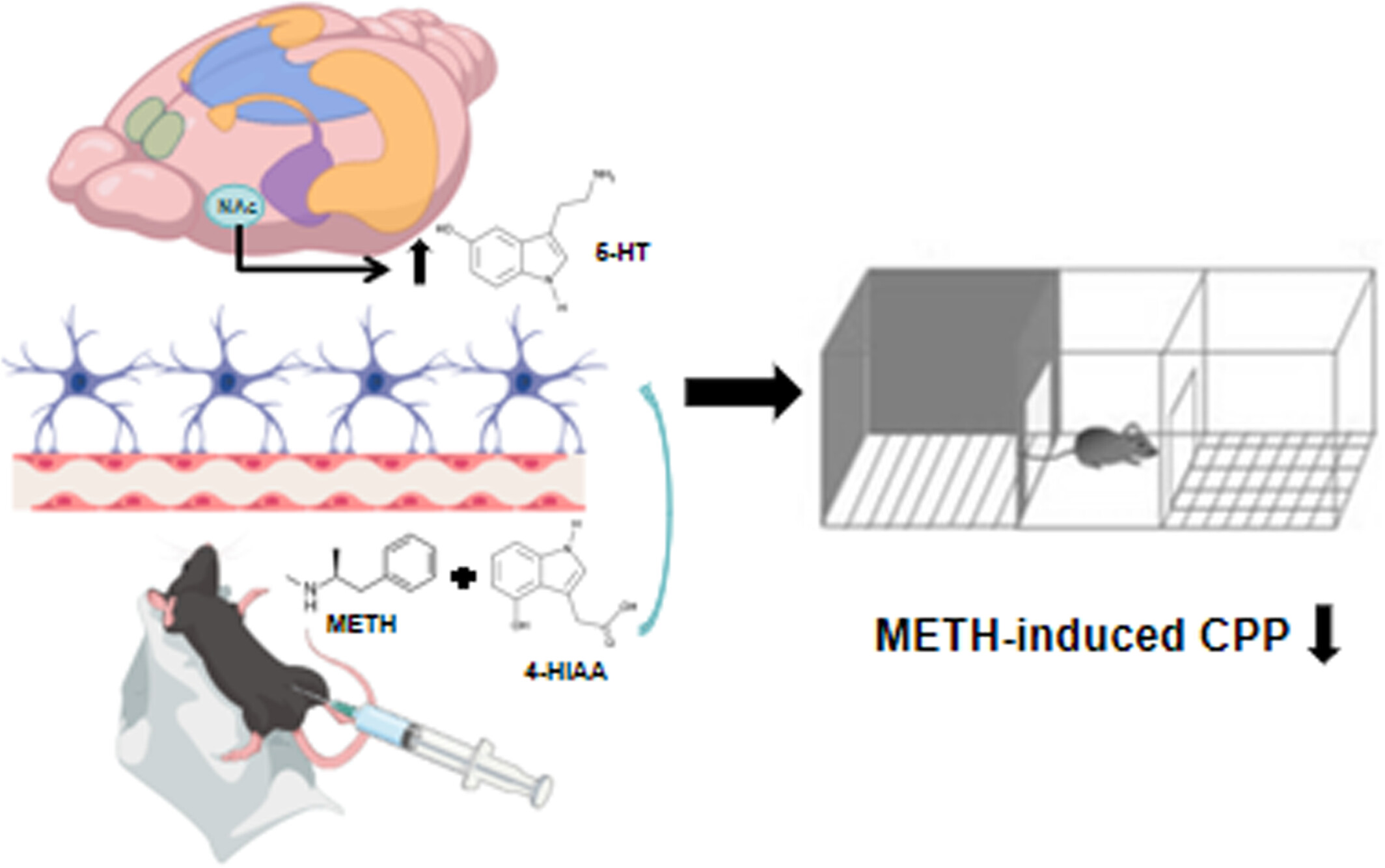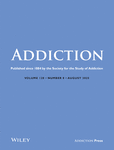Journal list menu
Export Citations
Download PDFs
ISSUE INFORMATION
ORIGINAL ARTICLE
Amygdala–Ventral Striatum Functional Connectivity Underlies Craving in Gambling Disorder: A Mediating Role of Depressive Symptoms
- First Published: 17 July 2025

Resting-state functional connectivity (rs-FC) between the right amygdala and the ventral striatum was associated with gambling craving. Of the subscales of the Gambling Craving Scale, only desire exhibited a significant correlation with amygdala-ventral striatum (VS) rs-FC. Further causal mediation analysis revealed that depressive symptoms mediated this association, suggesting that amygdala-VS connectivity elicits an intense desire to gamble through negative emotions.
4-HIAA Blocks Methamphetamine-Induced Conditioned Place Preference in Mice Through Modulation of the 5-HT Pathway in the Nucleus Accumbens
- First Published: 01 July 2025
Shifted Balance Between Ventral Striatal Prodynorphin and Proenkephalin Biases Development of Cocaine Place Avoidance
- First Published: 06 July 2025
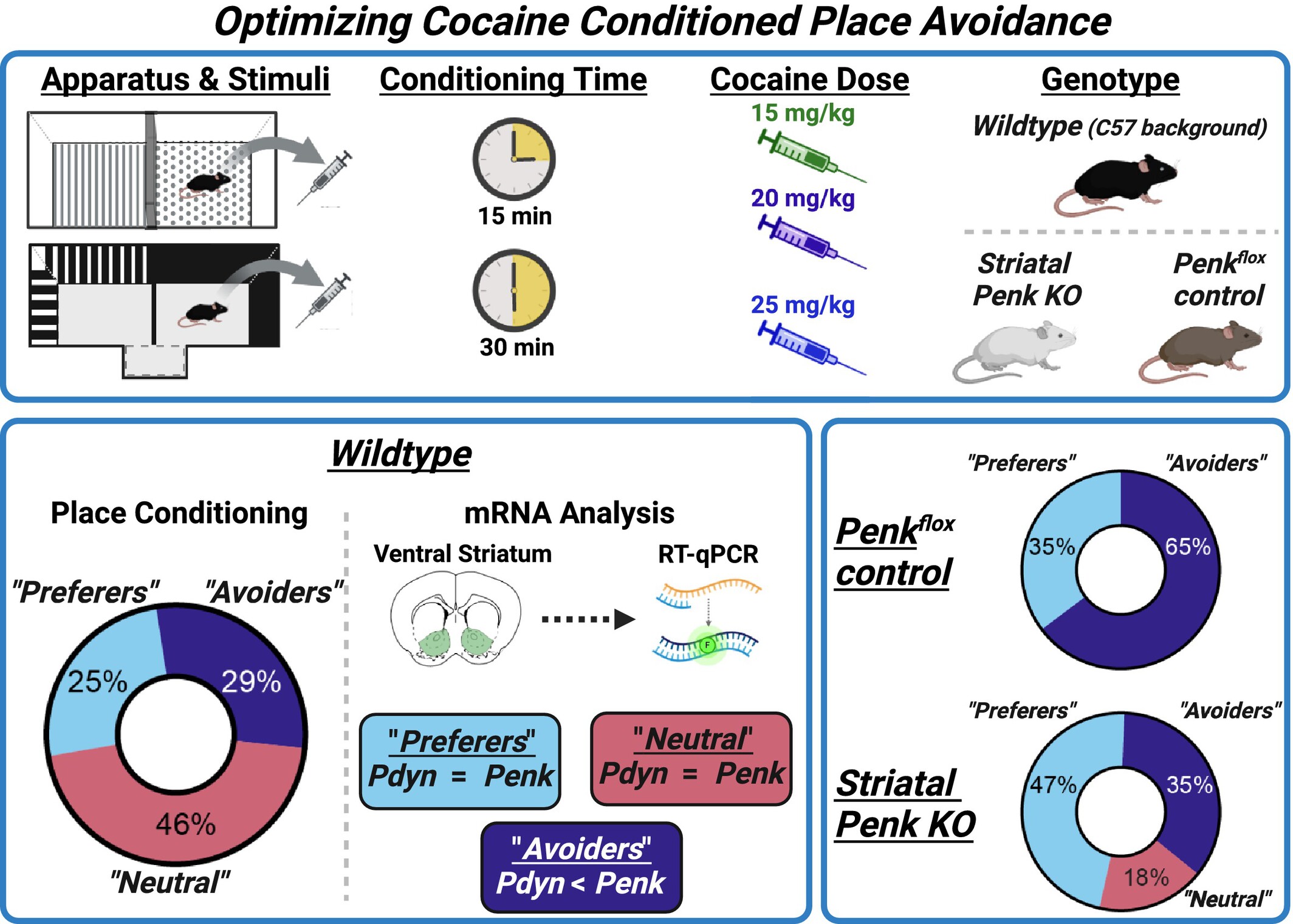
We examined the optimum parameters for producing conditioned place avoidance (CPA) to the acutely aversive effects of cocaine treatment. We discovered that individual differences, rather than cocaine dose, apparatus type, stimulus modality or conditioning time, were important for expression of cocaine CPA. We further discovered that CPA was associated with low Pdyn:Penk mRNA levels in the ventral striatum of wild-type mice and causally demonstrated that transgenic mice with pre-existing higher striatal Pdyn:Penk expression levels were more resistant to develop CPA. Created in BioRender. Dobbs, L. (2025) https://BioRender.com/b2agzur.
SYSTEMATIC REVIEW
The Impact of Physical Activity on Sleep in Alcohol Users: A Systematic Review
- First Published: 07 July 2025
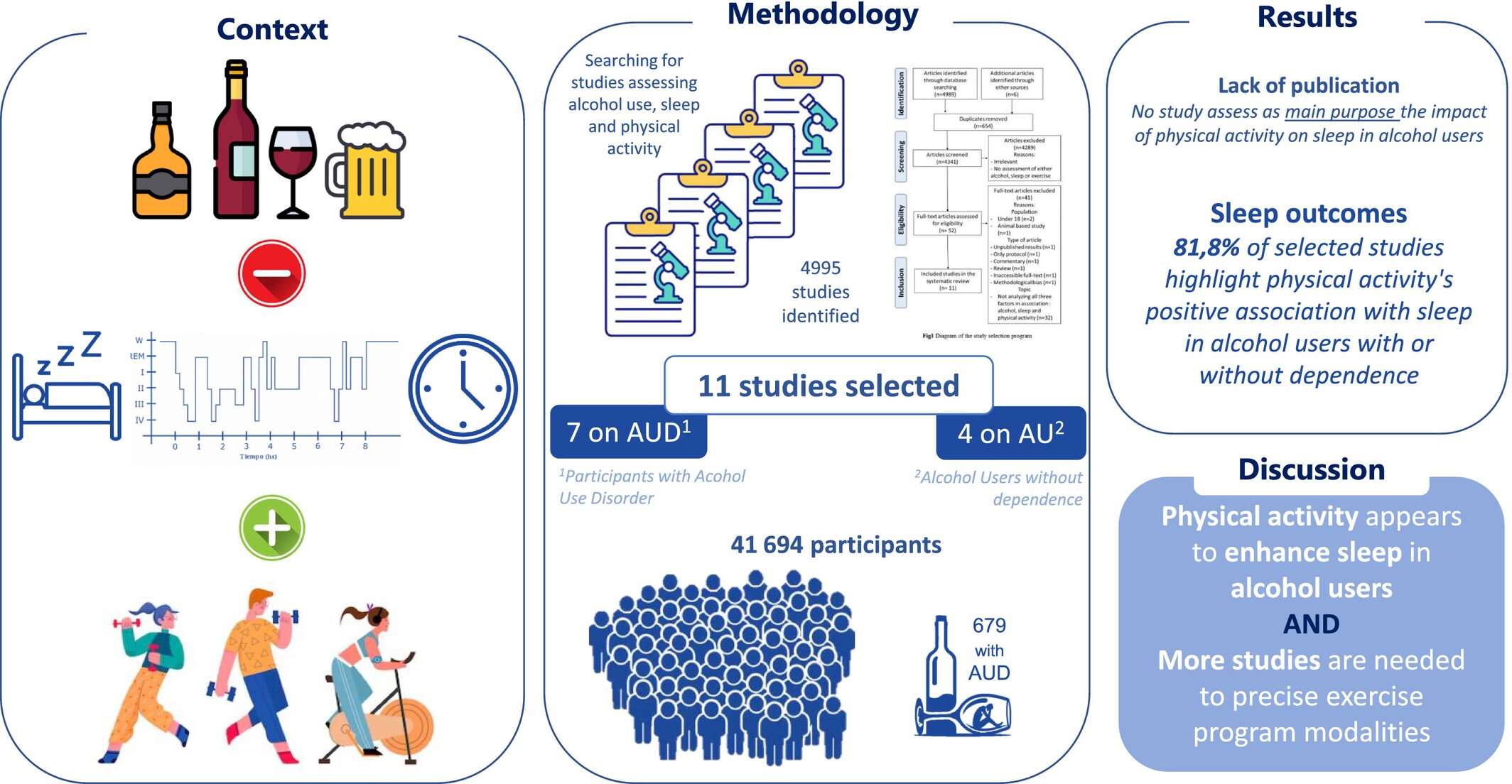
Alcohol misuse impairs sleep whereas physical activity enhances it in ordinary population. Furthermore, sleep disturbances increase consumptions and relapse risk in patients with alcohol dependence. Thus, exercise could be used as a nonpharmaceutic tool to improve sleep in alcohol users. Systematic search of the literature was performed to ensure exercise has been shown to enhance sleep in this population. 4995 articles arose, yet 11 were selected as others did not answer the problematic. None of the selected studies had as main purpose to assess exercise impact on sleep in alcohol users. Yet, in secondary outcomes, 81.8% highlight physical activity's positive association with sleep in alcohol users with or without dependence. More studies are needed to precise programs modalities according to patients’ alcohol use and sleep profile.
LETTER TO THE EDITOR
ORIGINAL ARTICLE
The Role of Oxytocin and Oxytocin Gene Receptor Methylation During Withdrawal Therapy in Males With Alcohol Use Disorder
- First Published: 14 July 2025
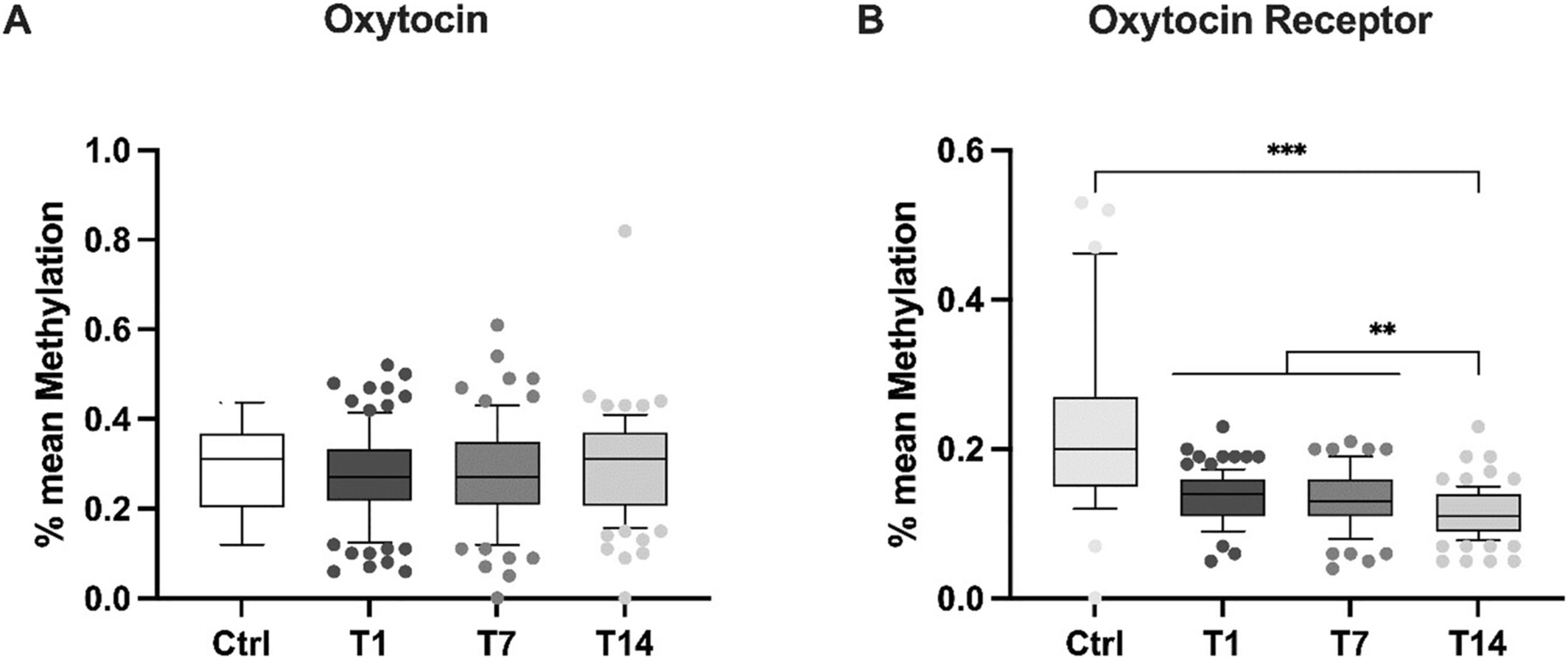
This study investigates the effect of alcohol withdrawal therapy on promoter methylation of the oxytocin and oxytocin receptor gene. We found significantly higher mean methylation values of the receptor gene in controls compared with patients across withdrawal and no differences in mean methylation of the oxytocin gene. Our results suggest that investigations of oxytocin as a therapeutic agent need to consider epigenetic regulation of its receptor and gene.
Leveraging Genomic Data to Examine the Causal Impact of Alcohol, Tobacco, Cannabis, and Opioid Use on Biological and Cognitive Ageing
- First Published: 13 July 2025
Prior studies have linked substance use to adverse ageing outcomes, but it remains unclear whether these associations reflect causal effects, shared genetic influences or confounding. We found widespread genetic correlations between substance use/use disorders and various ageing metrics. A series of Mendelian randomisation analyses supported causal effects of substance use—particularly tobacco and, to a lesser extent, alcohol and cannabis use—on ageing, with little evidence of reverse causality (i.e. ageing causing substance use).
RETRACTION
RETRACTION: Comment on: ‘Sex differences in neural networks recruited by frontloaded binge alcohol drinking’
- First Published: 14 July 2025
ORIGINAL ARTICLE
Impaired Interference Control in Individuals With Internet Addiction: Evidence From Event-Related Potentials and Brain Oscillations
- First Published: 24 July 2025
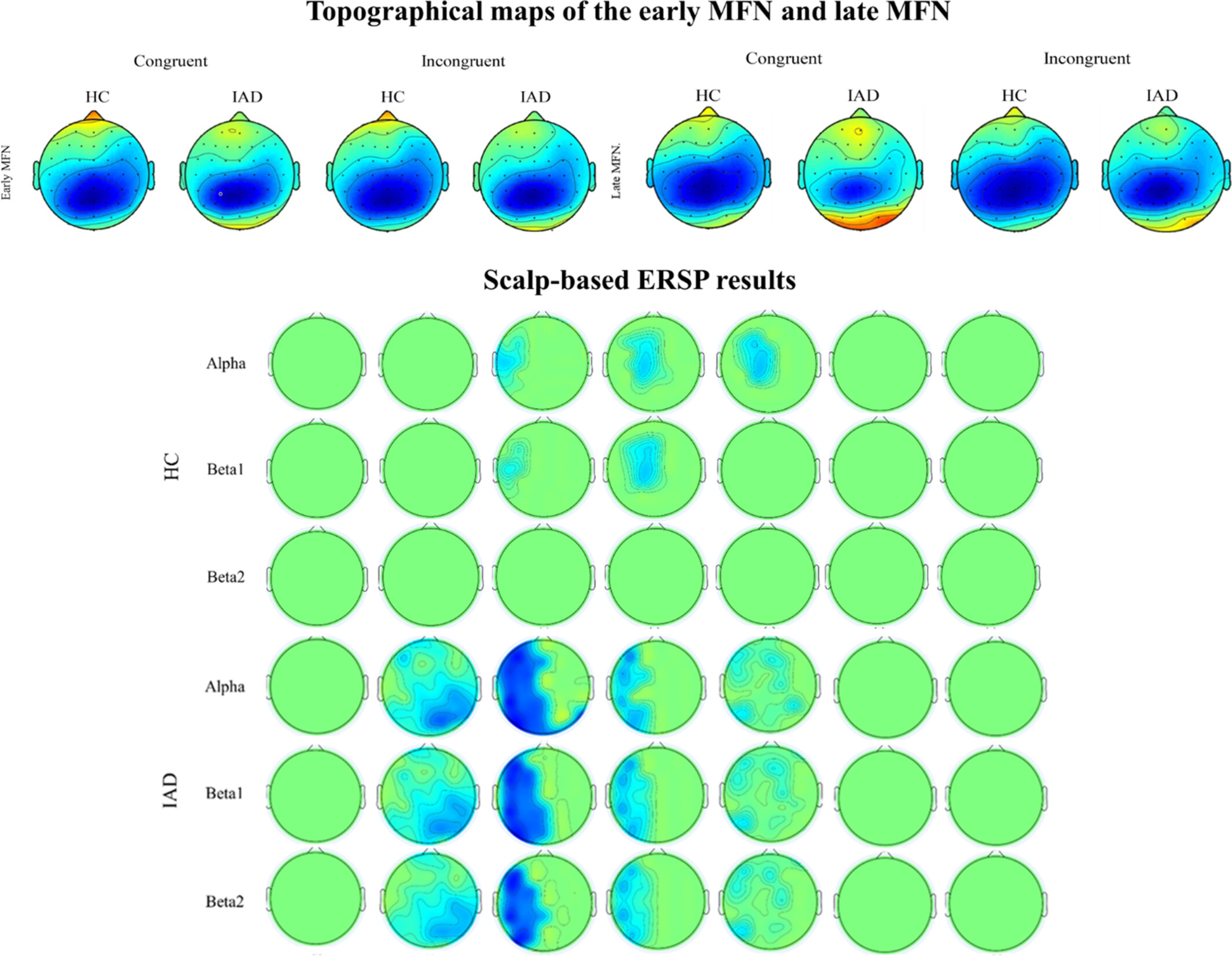
Individuals with Internet Addiction Disorder (IAD) exhibit pronounced deficits in interference control, shown by increased reaction times under cognitively demanding tasks. EEG analyses reveal impaired neural activity, characterised by reduced early and late medial frontal negativity (MFN) and diminished slow potential (SP), signalling deficits in conflict detection and resolution. Furthermore, altered oscillatory dynamics—decreased theta power with compensatory increases in beta2 and gamma activity—highlight neural processing impairments that exacerbate cognitive slowing under conditions requiring enhanced executive control.
Empirical Derivation and Prediction of Treatment Trajectories in Harmonized AUD Clinical Trial Datasets
- First Published: 23 July 2025
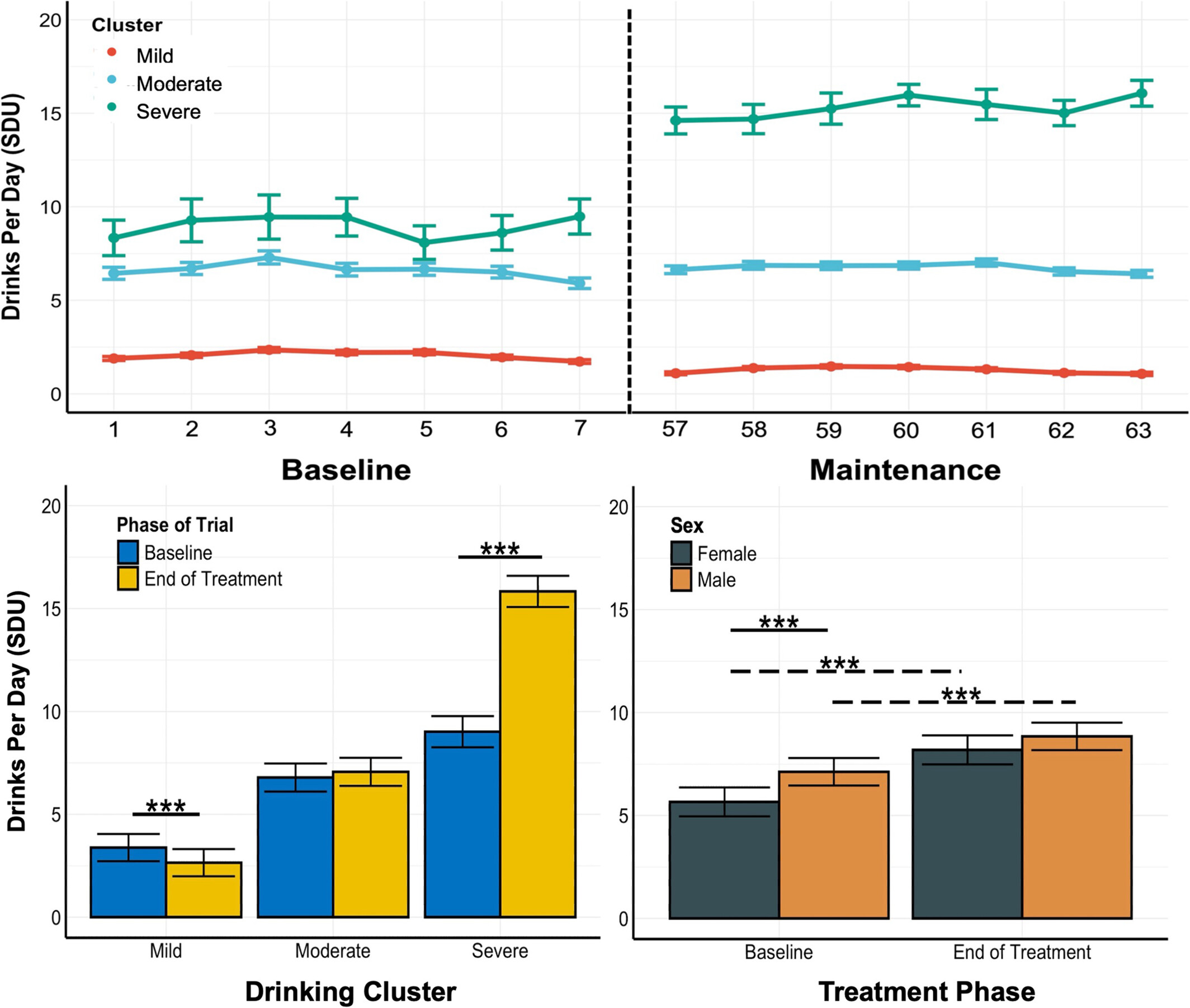
Using a data-driven approach, we identified three clusters of alcohol consumption at the end of treatment for AUD that were associated with unique drinking trajectories and sex-specific differences. We predicted these clusters using clinical feature data and highlight the utility of data-driven methods for deriving AUD-related phenotypes.




